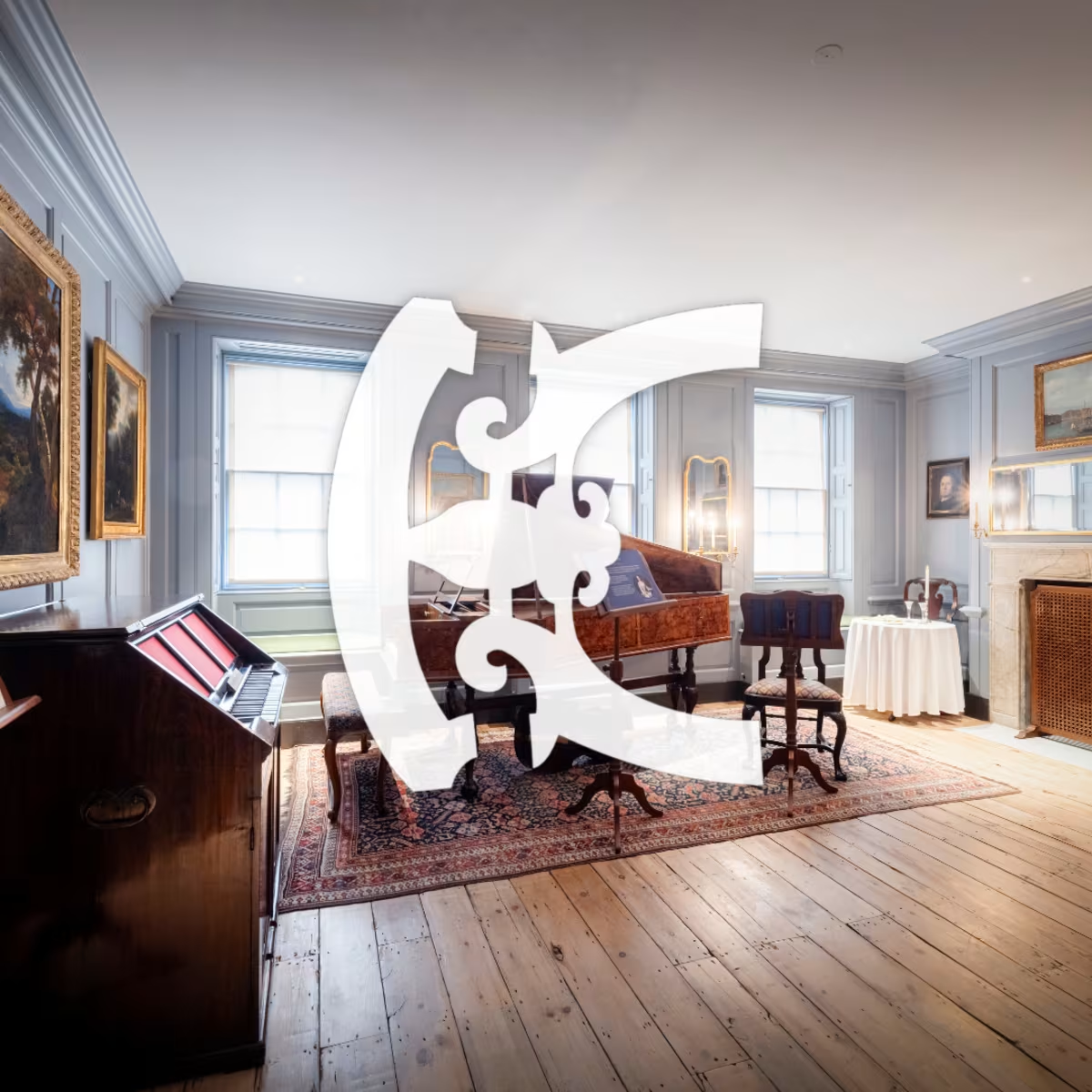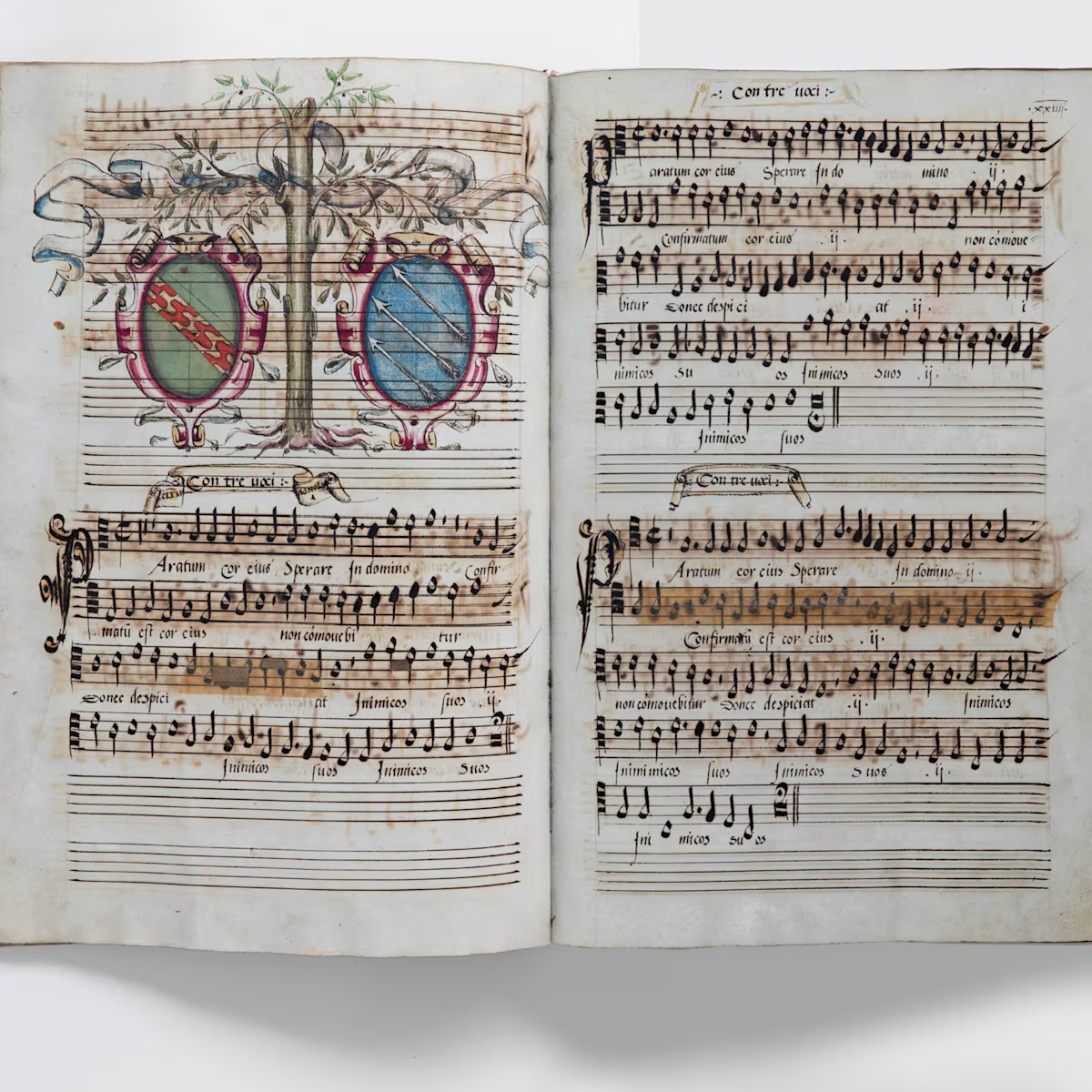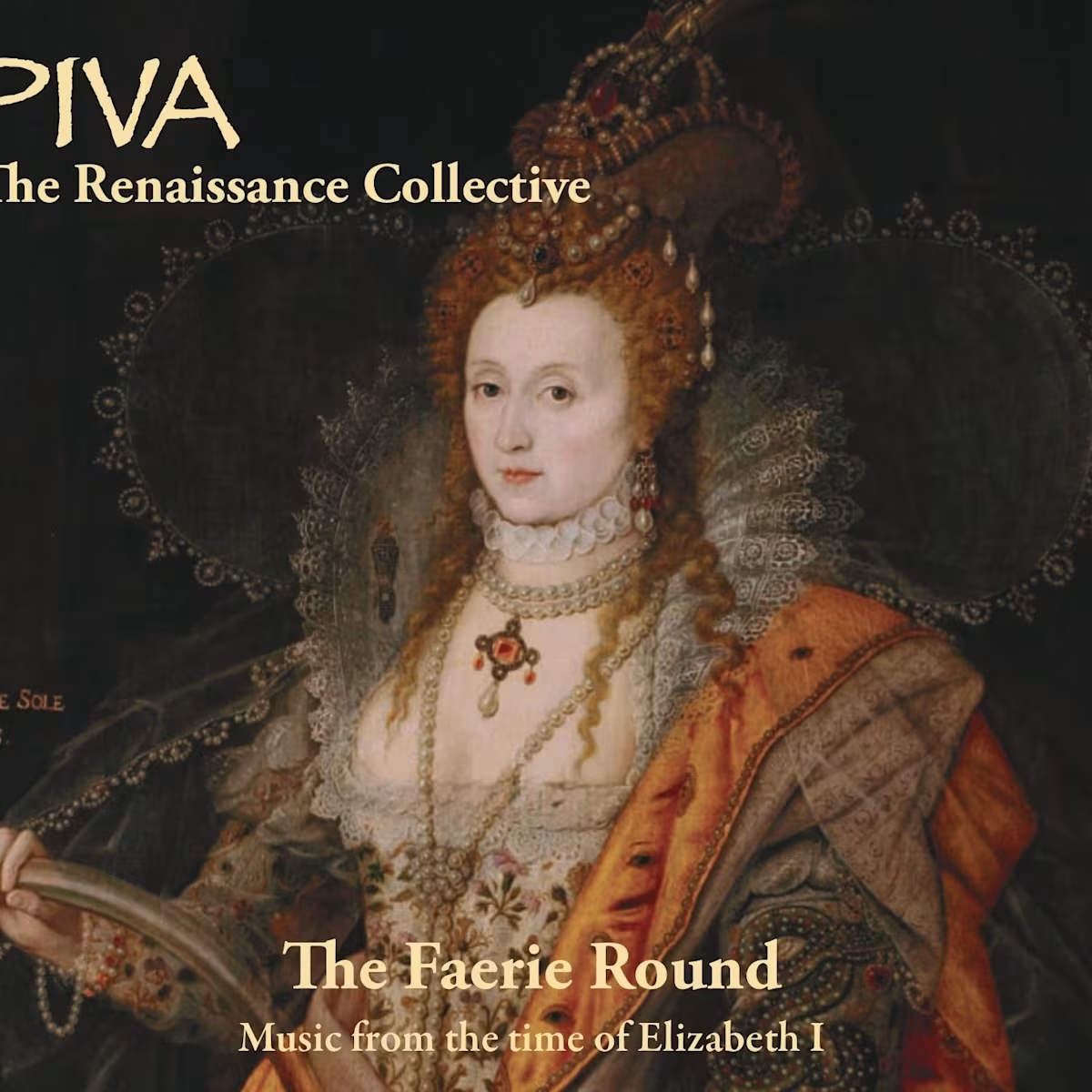Spotlight
In conversation: Robert Hugill
Continuo Connect meets composer and music critic Robert Hugill
Share this

FIRST PUBLISHED 23 MAR 2024
If you're the type of concert enthusiast who enjoys delving into pre-concert previews and post-concert reflections, chances are you've come across Robert Hugill's insightful critiques and recommendations. A familiar face in the audience of classical music concerts, Robert is also a regular attendee at Continuo Foundation-supported events. Widely recognised for curating the blog Planet Hugill, he shares concert reviews, interviews, and previews across the widest spectrum of classical music. What may come as a surprise to many is Robert's prolific career as a composer, adding yet another layer to his multifaceted contributions to the world of music.
What is your earliest musical memory?
Listening to Heddle Nash singing solos from Bizet's The Fair Maid of Perth and Puccini's La Boheme on 78 records with my Mother, who idolised Nash and who had heard him live.
How did you become a music critic?
A friend with whom I sang in London Concord Singers was the managing editor of a quarterly political magazine that included some music and arts writing. She assumed that because I performed music, was opinionated and wrote music myself, that I also wrote about music. Being let down for an article, a book review, she asked me, didn't laugh at the result and indeed paid me. I did more for her and started writing record reviews for MusicWeb International and discovered that people were interested to read my writing. It helped that I had decided opinions, politely expressed.
What kickstarted your career?
A sense, inherited from my Mother, that if you wanted something doing properly, you had to do it yourself, along with decades of experience organising amateur performing ensembles including those performing my own pieces. When it came to writing about a performance, I had experience of what it took to put that performance/recording together, how much work was underneath.
How did you get into the HIP scene?
It was, to some extent, a journey. I acquired a recording of Handel's Water Music by Collegium Aureum when I was in my teens; this went some way towards period performance. I was later exposed to Joshua Rifkin's ground-breaking one-to-a-part Bach recordings, which were a revelation. It helped that I have always had a fascination with the nuts and bolts of art, why something was made, how was it made and what was the original use. The Early Music movement was trying to answer these questions and it fascinated me.
For me HIP is not just Early Music. Having recently heard Liszt's piano concertos played on modern instruments, I have become keen to experience them in HIP style. Similarly, recent performances of Mendelssohn's Elijah and Parry's 'I was glad' have proved revelatory.
Could you describe in a few words what's so special about HIP/Early Music?
As described above, it is the desire to investigate quite what the composer's original intentions were, what sort of sound-world they were aiming for. Quite often, if you consider these elements then what can seem problematic in modern performances of earlier music can be rectified and transformed.
What will someone living 400 years from now think about “early” music?
They would have redefined what 'early' means. For us, Early Music is music that is recognisably linked to our performing tradition but which involves performing styles and circumstances vastly different to contemporary mores. This means that if contemporary music is radically transformed in 400 years time, what constitutes Early will be similarly transformed. There is already an element of this divide as we must separate music into that which is performed manually/acoustically and that which is electronic in creation. The one may overlap the other, but the means of performance is vastly different just as Bach sung by the Huddersfield Choral Society differs from Bach sung one to a part.
Why do you think it is important to write about what goes on in the early music scene?
Music requires the air of exposure to a live audience. Performances only come to life when they have an audience. This often applies to recordings as well, even if made in the studio, the sense of performance for an audience (even if an audience of one) is paramount. That means that it is important to expose these performances to as wide a public as possible, and that includes writing about them. So others are intrigued and want to explore.
Do you have a favourite UK venue for early music?
Favourite Venue: I think perhaps this has to be Wigmore Hall because it is such a lovely size for small-scale chamber music as well as vocal ensembles. The Holywell Music Room in Oxford comes a close second, but thanks to the Oxford International Song Festival, I have mainly heard 19th and 20th century song there. There have been a couple of admirable people who put on concerts in their own drawing rooms in London, and these have enabled me to hear small scale Early Music, such as voice and lute, in a perfect-sized venue.
Have you ever received an impossible request?
Luckily, no. However there have inevitably been performances where the end results did not match the aspirations and energy of the performers.
What makes your view on the HIP scene distinct?
I am not sure that my view is distinct, but coming at writing about music from the point of view of someone that writes music, sings, performs and is still involved in organising performances, my writing does differ from that of a non-performer.
Who is your favourite composer, and why?
Handel without a doubt, because whatever the piece, there is something in it that speaks to me.
And what is next for you, as a composer?
I am looking forward to June and July 2024, when Out of the Shadows, a sequence of my own music, is being performed at Omnibus Theatre, Clapham, and at the Glasperlenspiel Festival in Tartu, Estonia thanks to the kind invitation of the festival's artistic director, composer Peeter Vähi. The festival was founded in 1995 and is a major Summer event in Estonia, and this year Tartu is one of the European Capitals of Culture. Out of the Shadows is a sequence of my music, including two substantial song cycles for tenor, baritone and piano.
If you could meet anyone from the past, who would it be?
Handel, because I am fascinated by the early performances of his music and wonder what exactly they were like, plus we have virtually no personal correspondence, we know so little about why he wrote particular pieces the way he did.
What would you do if you wouldn't be writing about early music performances?
Writing about something else!
Share this
Keep reading

Playlist: Handel in London
A playlist that explores the music written by George Frideric Handel in London: from operas and oratorios to instrumental highlights.

Sisters of polyphony
Laurie Stras uncovers the stories behind the extraordinary Biffoli–Sostegni manuscript, and traces the lives of the nuns who sang from it.

The Faerie Round: Music from the time of Elizabeth I
PIVA – The Renaissance Collective’s third album features dance and ballad music from late Elizabethan England.

